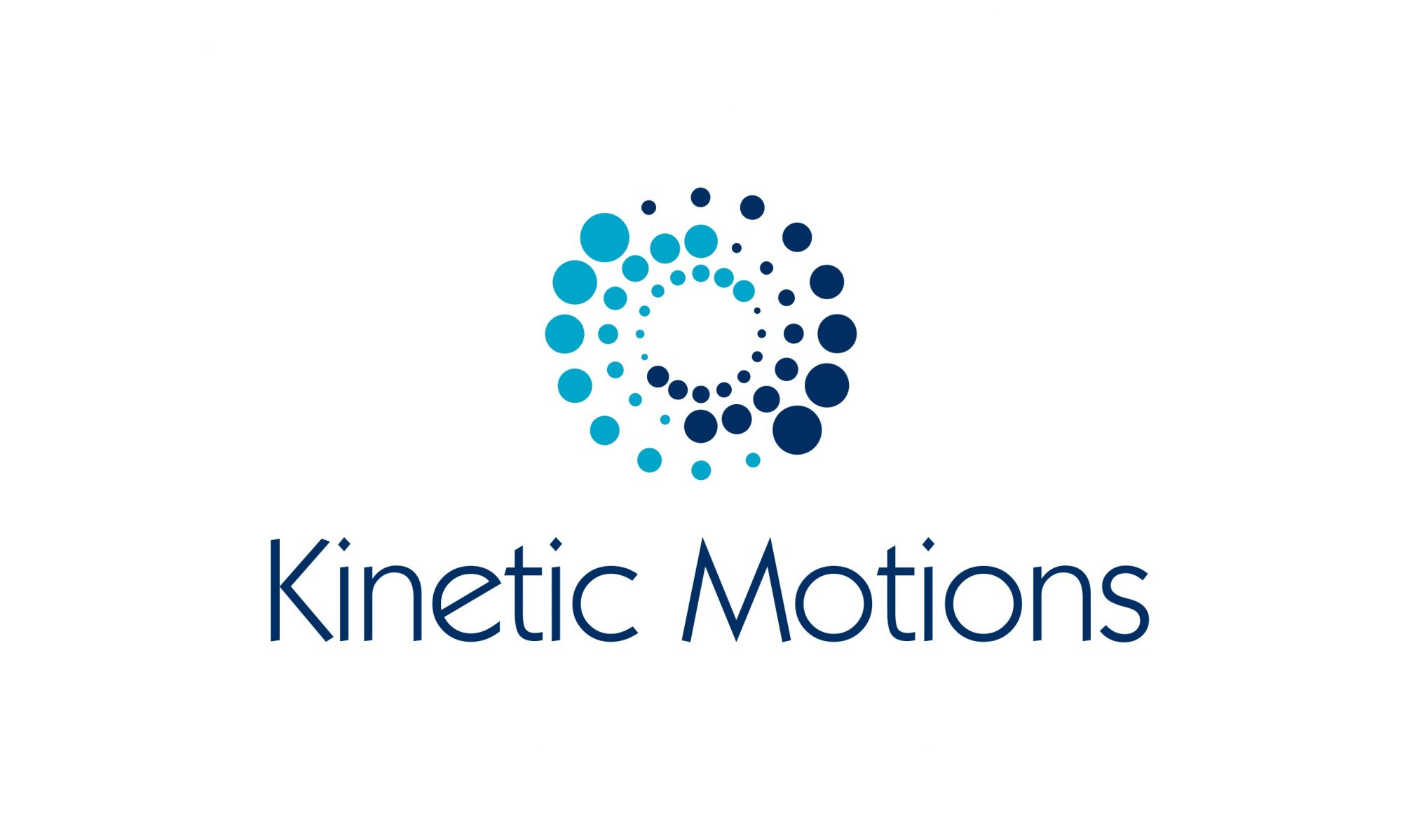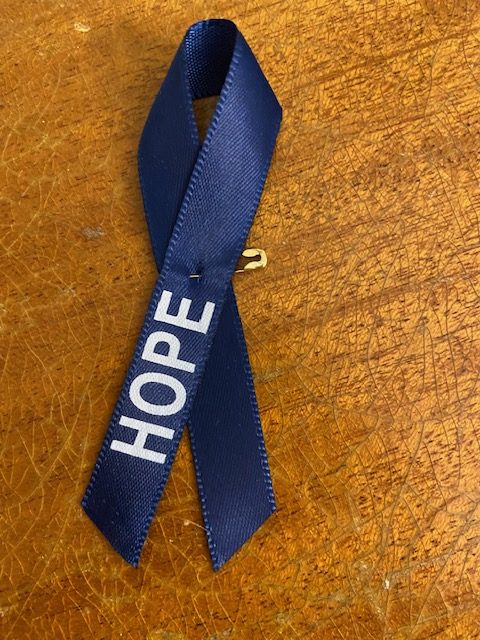On Friday afternoon I cried. I was in my kitchen, washing dishes, about to prepare dinner, and I turned on the TV. A journalist was interviewing a woman who looked like she could be my age, and she described the moment her daughter was shot and killed.
And I cried. I just had a very challenging week, as my husband and I had to deal with a medical emergency with our youngest child. It was the first time, in my 16 plus years as a parent, that I felt real fear about the health of my child. When a medical professional tells a parent that they need to get their child down to the pediatric emergency department immediately, because of a raging infection, you feel fear.
My daughter received world-class care, and less than 2 days later, she was back to her active, busy, smiling, nutty and happy self. She reminded me again why her name – Nessa – which means “miracle” in Hebrew, is so fitting. Watching her skip around the house, sing quietly to herself, or play with her toys, brought me tremendous joy in the latter half of the week.
I never took my children for granted, but this week I appreciated my healthy, happy and wonderful children more than ever. I watched Nessa suffer through tremendous pain, and she had to endure a difficult procedure. I held her hand. I hugged her and I kissed her. And I appreciated her.
But I didn’t cry.
Until Friday.
Here I was, feeling thankful that my child was once again healthy, out of danger, and on my TV was a woman who shared, in intimate detail, how Hamas terrorists entered her home and shot at her family through a door. The bullets hit her 18-year-old daughter and killed her. Somehow, and no one may ever be able to explain how or why, the mother and her two other children, were not physically harmed. But her husband was kidnapped and taken hostage to Gaza.
In the past month I have read countless stories, watched an untold number of news reports, pored over social media and had an unlimited number of conversations with family and friends, and yet I broke down and cried, alone, when this mother told her story.
I don’t care what your politics are, your religion, your race, your ethnicity, or your nationality. No mother should have to describe how her daughter was shot and killed. No mother even wants to see her child sick, or in pain, or suffering, but to describe the murder of her daughter, in front of her eyes? It is unfathomable.
I’ve been walking around in a bit of a haze and daze for the past four weeks. Or maybe that’s not the right description. In some ways, I’ve actually been hyper focused and more aware of the world around me than ever before. While it could be so easy to feel alone and isolated, instead I have felt a closer kinship and closeness to what is called Klal Yisrael than ever before.
I’m sure the thought was simmering in my head already, but in the moment I watched that mother share her story about her daughter’s death, I felt connected to her. I have never met her, I don’t know her politics, her religious observance or really anything about her. And yet I felt close to her, so close that tears trickled down my cheeks.
What, for me, is Klal Yisrael? Or put another way, what is Judaism? It’s not just a religion. We are a people, a nation, an ethnicity and a religion. We are a community who unites when we are attacked, and with the exception of those on the fringe (which the Jerusalem Post editor so eloquently described as the Un-Jews), we are connected through an unbreakable bond. As writer and scholar, Yossi Klein Halevi, who I much admire, shared recently, we don’t wish to be pitied. We are not victims. We can defend ourselves, and we are here to stay. “Given the choice, we preferred to be condemned than pitied.”
I am not going to use this space to give an overview of over 5,000 years of Jewish history, or to give a synopsis of the story of the peoples of the Middle East. The Jewish People (that’s right, People, as I stated above Judaism is not just a religion), have had a continuous presence in the land of Israel for thousands of years. And we want to continue to live there, in peace and security.
For me, that doesn’t mean that the other Peoples who live there can’t continue to do so too. If we are all to survive – and thrive – we can criticize each other, but we must start by accepting each other’s right to live, to learn, and to prosper, and be mutually respectful.
No mother, whether she identifies as Jewish, Muslim, Arab, Christian, or anything else, should have to describe how her daughter was brutally murdered in front of her eyes. That for me, is the crux of the war raging right now. If an army of terrorists is committed to sadistically murder every daughter in Israel (as well as sons) and wipe the Jewish People off the map, then our future is bleak.
You don’t need to agree with all my views or perspectives, but as a fellow human being, I expect you to respect me as a person first. When hundreds, or maybe it was thousands, rage, as a mob, and rape, maim and murder more than 1,400 people, it means they have been raised and taught that Jews are not human beings. If you raise your child to not love others as one wants to be loved, if you teach them that some in this world are no better than an insect that is meant to be squished, then it is easy to kill them.
When the terrorists entered that home on October 7th and shot through the locked door where the terrified family huddled, the terrorists had the mindset that all they had to do was kill the insects. The germs. The sub-humans. And move on to the next home. They didn’t see the people behind that door, or the inhumanity of what they did.
During the interview, this mother went on to describe her daughter’s funeral. She cried as she told the journalist that what’s so hard is that she can never hug her daughter again. Too many Israeli mothers, fathers, brothers, sisters, grandparents, and children can never hug their loved ones again.
This mother, who buried her daughter a few weeks ago, is a human being, a strong, loving person who inspires me. She is the epitome of the Jewish mother, and she gives me hope for the future. For without hope, or Tikvah in Hebrew – the name of Israel’s national anthem – life is not worth living.


